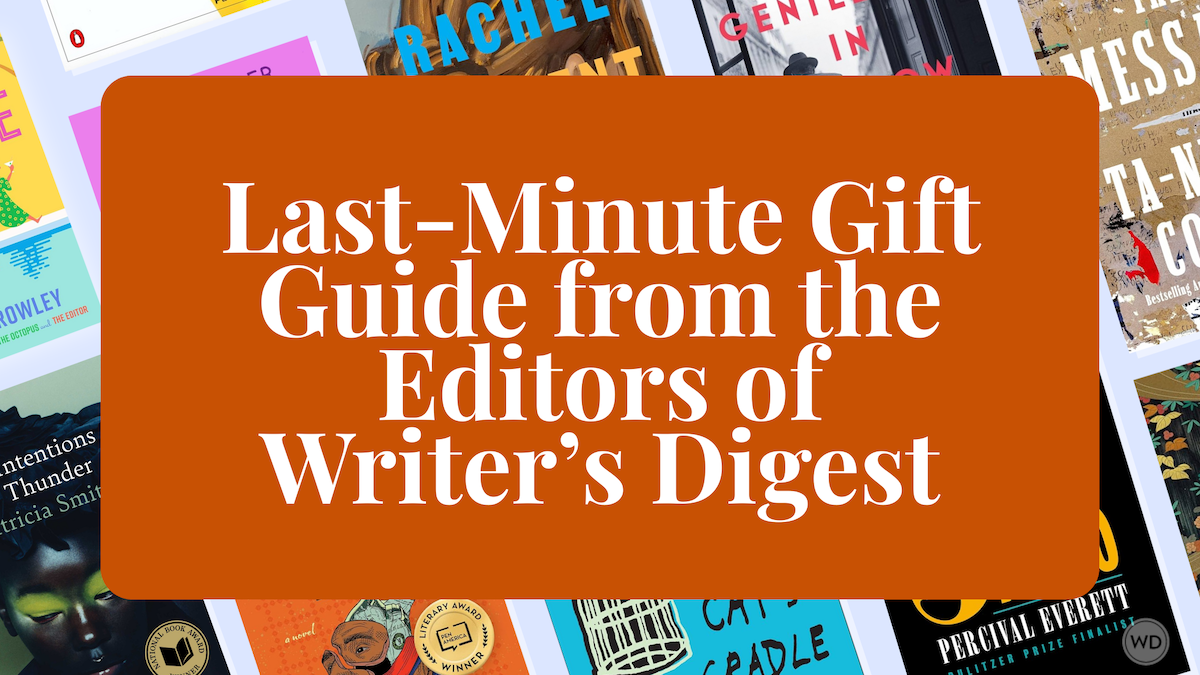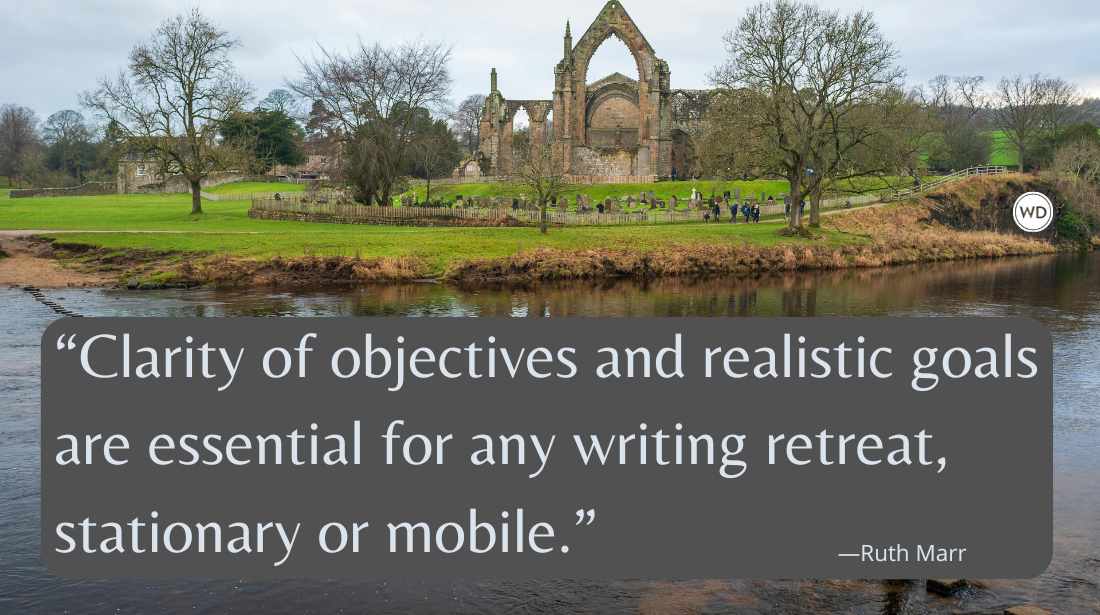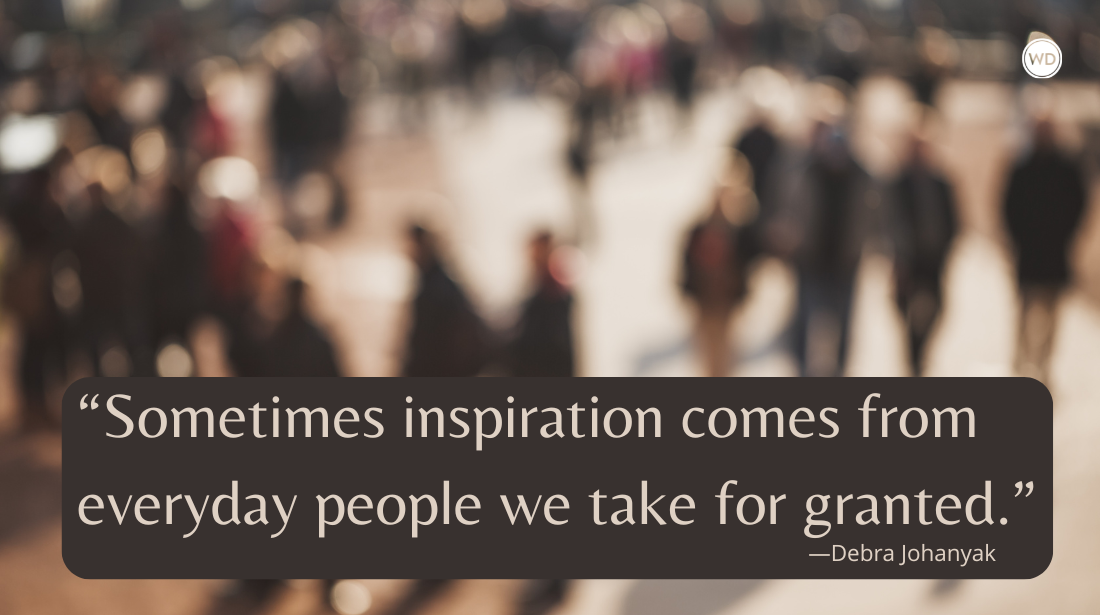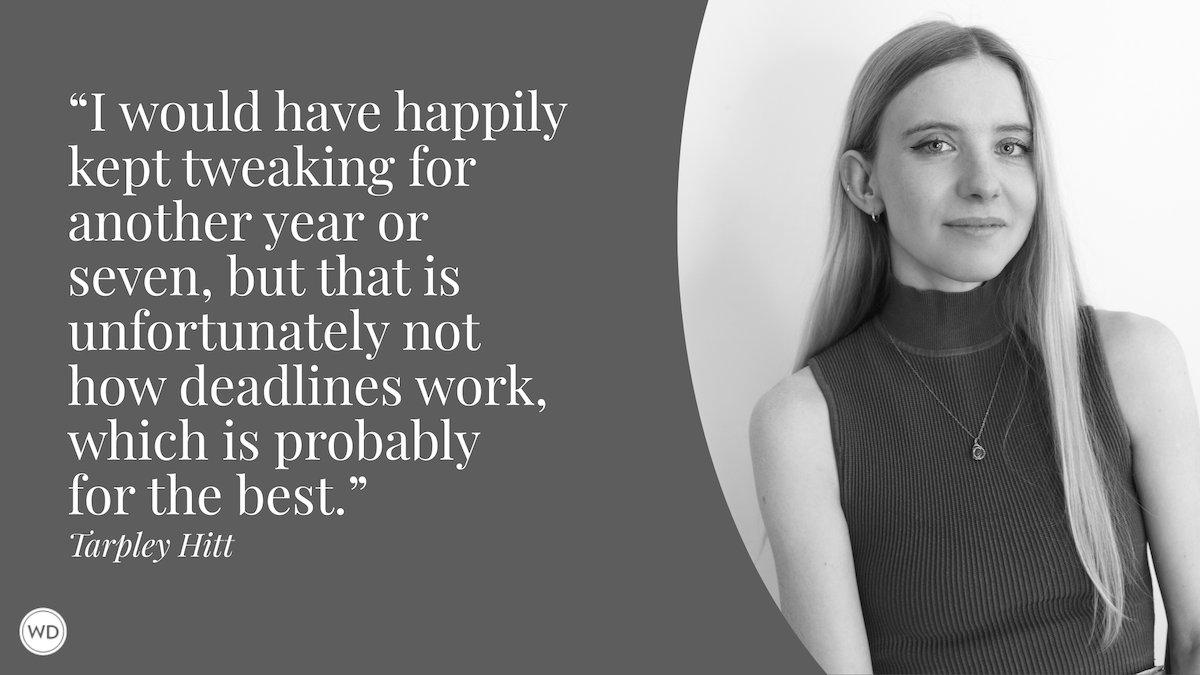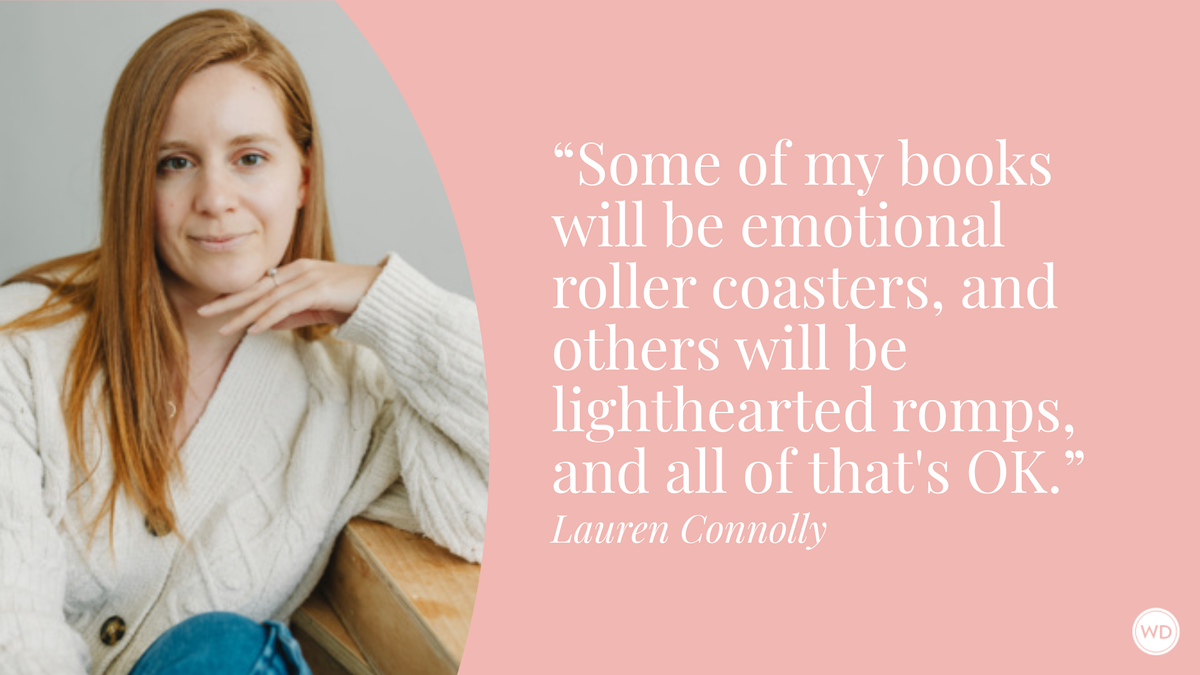Finding Time to Write
When I wailed, “I want to be a writer!” my husband gave me the tough news. “Linda—a writer writes.” I had not made writing a priority. Here’s what I did and what you can learn.
Last week an accomplished newspaper columnist approached me in yoga class. “How goes the writing?” I asked.
She turned her chin away from me in a charming princess fashion that she has cultivated. “I have been very bad. I just can’t find the time or inspiration.” (Note: I am paraphrasing, but the tilt of the chin in the air was quite real.)
This guest post is by Linda Lafferty, who taught in public education for nearly three decades, in schools from the American School of Madrid to the Boulder Valley schools to the Aspen school district. She completed her PhD in bilingual special education and went on to work in that field, as well as teaching English as a second language and bilingual American history. Horses are Linda’s first love, and she rode on the University of Lancaster’s riding team for a year in England. As a teenager, her uncle introduced her to the sport of polo, and she played in her first polo tournament when she was seventeen. Linda also loves Siena, Italy, and the people of the region and has returned to the city half a dozen times in the past three years to research her novel. Linda is the author of three previous novels: The Bloodletter’s Daughter, The Drowning Guard, and House of Bathory. She lives in Colorado with her husband. Connect with her on Twitter at @LindaLaffs.
“That’s too bad," I said. And because she is my friend I added. “Lose the princess ‘tude and get back to work.”
I speak from experience. Do not tell me you are a writer but have no time to write. I don’t have time for that (because I am writing).
But I do know the syndrome well. When I turned thirty years old I was depressed. Not because I’d hit that special age where we realize we are indelibly branded as adults and are forced to leave childish escapades behind.
No. I was spun sideways by realizing that I had not accomplished my life goal of being a published novelist by age thirty.
When I wailed, “I want to be a writer!” my husband gave me the tough news. “Linda—a writer writes.”
I had a realization akin to “Oh, I left the baby on the bus!” I had not made writing a priority. OK—I hadn’t even written that novel yet!
I was beginning a masters program that morphed into a doctoral program in Bilingual Special Education. At the same time, I was teaching middle school English classes in public school. I was also a teacher’s assistant at the University of Colorado as part of my fellowship. And hardest of all for me was taking challenging, mind-crushing statistics classes in preparation for the dissertation I had started.
But once I took my husband’s annoying advice and actually started to write, I discovered that none of the other challenges was as important as writing.
New help developing new, publishable story ideas?
Get the Writer's Digest How to Brainstorm &
Develop Awesome Story Ideas bundle.
Three great resources, one low price.
Why was writing important?
Because it was just me and my imagination. It was like recess for a child at school. True, at first I just gritted my teeth and sat down to write. It was not easy. It was a chore for me, just one more task to complete in my busy day and night. Until a powerful feeling came over me. Bewitching.
As the novel unfolded before me, I was hooked. I loved the world I entered when I sat down to write. I had all the freedom in the world—unlike daily statistic quizzes. I could follow my characters, hear their dialogue. The dynamic was much the same as a child playing with toys—or floating sticks on a stream. Imaginary characters, storytelling. Freedom to imagine.
I finished a draft of my first novel, THE BURDEN OF MOAB, in 1988. My articles for magazines already been rejected time after time, but this book was special. Along the way I attracted editors who encouraged me. A top New York editor — Nan Graham, Frank McCourt and Don DeLillo’s editor — called me, not to accept the novel but to urge me to keep writing. Juris Jurjevicks publisher of Soho Press wrote a three page letter telling me to “stick with it.” The now-iconic literary agent Deborah Schneider signed me as a client based on that first novel. Keep writing! they all said.
So I did. Maybe not because of the encouragement from editors and my agent but because I love how my mind works when I am writing. Even after a writing session, I think more clearly and enjoy the narrative voice that plays in my mind as I walk through life.
I taught English as a Second Language, Bilingual Special Education and Bilingual American History full time. I still found time to write. When? At planning time (a huge no-no), during gym duty, at lunch, after school when I had finished grading and recording papers and tests — and finished making my daily calls to my students’ parents. I always called parents and interpreted conferences. I loved my students and wanted success for them. I made them work hard.
But I never forgot my writing. I was “writing” when I slapped on my cross-country skis after school at Aspen High and skied the Nordic tracks. Each stride was another line of dialogue, a movement, a plot idea for my characters. I found I could write while I skied (not downhill!), hiked, biked (again, not downhills). Writing was more than a discipline—it was an indulgence.
Writing was its own reward.
Now after thirty years of writing I look back on those days. Sure I cursed those publishers who rejected me. I cried and I swore. But I have published three novels since September 2012 and a fourth coming out March 31. I have three other novels floating around on floppy disks and hard drives that have never seen the light of day.
THE BURDEN OF MOAB was never published, despite the favorable opinions of many editors. But I had a great time writing it. And all the while, I was developing my skills as a novelist. And enjoying the ride.
If you are a writer, write. Get into the zone. I’m not saying you’ll be published—after nearly three decades of rejection, I came to the conclusion that I would never be published. But I found the time to write because I love writing.
You can find time. Yes you can. If you are a writer and don’t write it’s like saying you are alive but can’t find time to breathe. Be kind to yourself. Don’t beat yourself up! Nurture yourself by writing.
Oh, and I am writing this while caring for my mother at home in hospice—transferring her, bathing her, doing the shopping and cooking, giving medication. I am also researching and writing a 500 page novel set in Russia. I’m not complaining—because I am giving myself a joyous escape with each keystroke.
Ahhhhhhh. . . I’m writing.
Thanks for visiting The Writer's Dig blog. For more great writing advice, click here.
Brian A. Klems is the editor of this blog, online editor of Writer's Digest and author of the popular gift bookOh Boy, You're Having a Girl: A Dad's Survival Guide to Raising Daughters.
Follow Brian on Twitter: @BrianKlems
Sign up for Brian's free Writer's Digest eNewsletter: WD Newsletter




